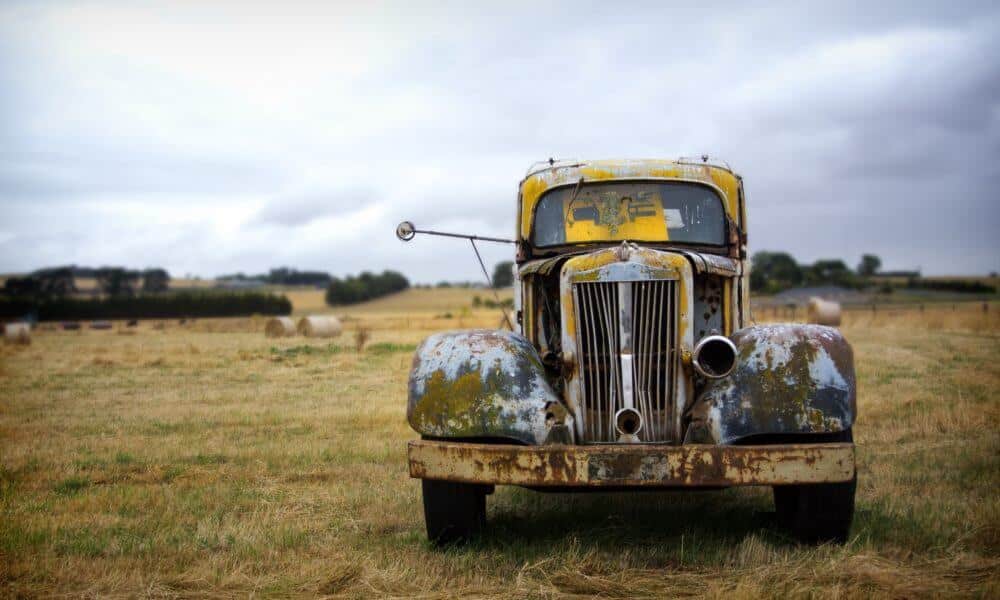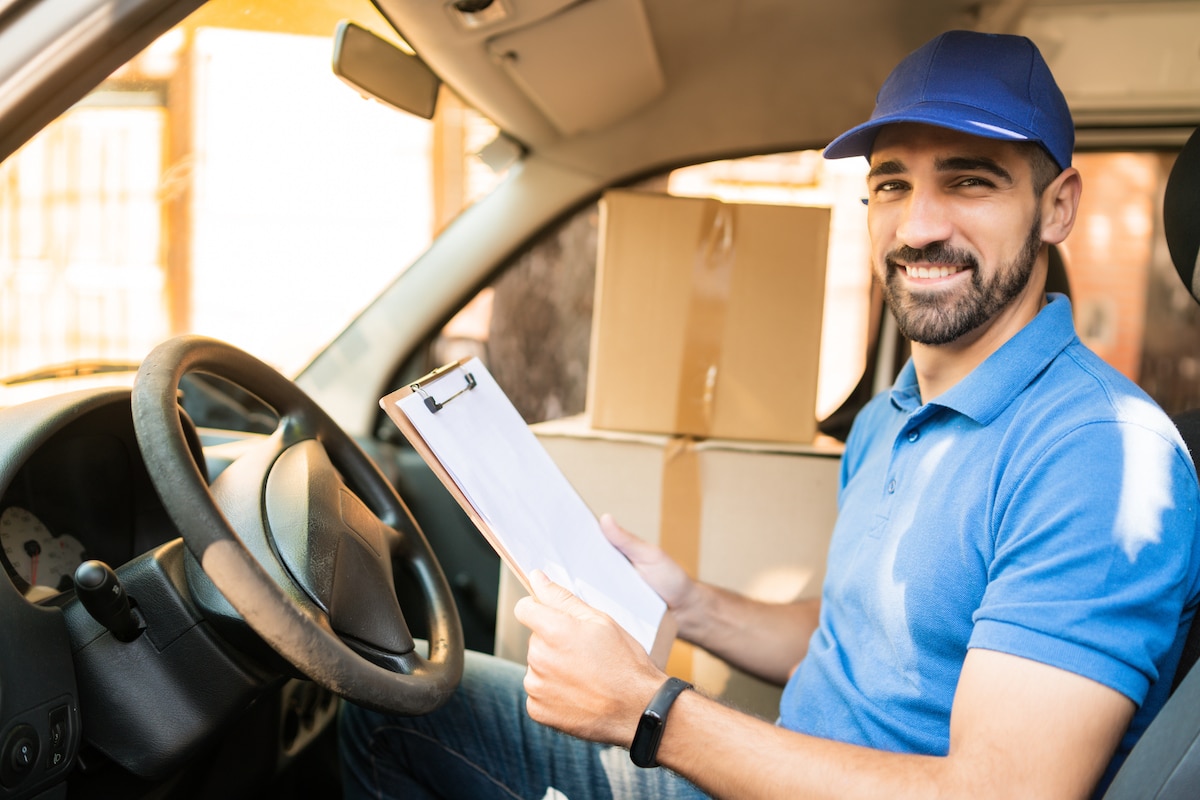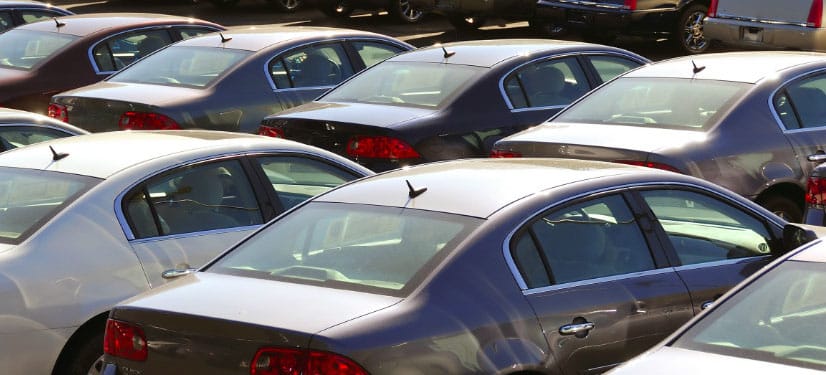Overview
Food delivery has transformed into one of the most competitive industries, with start-ups, restaurants, and grocers all vying for a piece of the pie. In under five years, the percentage of online food delivery orders has doubled (Gloria Food). Those who succeed in the space must solve the complex challenge of insuring themselves when delivering food to a demanding customer base. Part of the task is speed: 44% of people are likely to order food for delivery more often if restaurants could offer them faster delivery times (Gloria Food).
The blueprint for success in food delivery involves deciding whether to own or outsource the fleet of delivery vehicles and which mode of transport to use (i.e. car, bike, scooter). Other considerations include tracking deliveries and screening the food couriers. Underwriters use this critical information to develop a scalable insurance policy.
5.3
mA vehicle accident happens every 60 seconds in the US, and many of those involve food delivery drivers. On-Demand Companies must navigate a dangerous environment to find success.
100
%Although not all 50 US states require auto insurance to legally operate a vehicle on the road, every single one demands drivers to have financial responsibility.
21
%With fewer cars on the road during the pandemic, pedestrians were less cautious and cars drove faster. As a result, more pedestrian injuries and deaths occurred in 2020 than the previous year. Unfortunately, many delivery drivers were involved in these fatal accidents.
65
%With the massive uptick in on-demand delivery food services, restaurants said they could increase their profits merely by offering this option. Although the global pandemic spurred this trend forward, society was already catching on quickly pre-pandemic.
Why Is Insurance for On-Demand Food Organizations Important?
No matter the mode of transportation — scooter, bike, car, etc. — On-Demand Companies must have insurance to maintain momentum. Here are a handful of reasons why coverage is vital for this industry:

Bodily Injuries
Pedestrians and drivers run the risk of becoming injured every day. On-demand food delivery drivers try to get to their customers quickly and pedestrians don’t always follow rules or best practices. Unfortunately, these behaviors often lead to accidents and costly medical bills. It’s best to know your risks and prepare for a worst case scenario.

Property Damage
Besides bodily injury, On-Demand Companies must also face the risk of damaging someone else’s property. A driver might hit a mailbox, leave marks on a driveway, or a myriad of other things during a delivery. Bumps, dings, and scratches happen, but they don’t have to carve away at the balance sheet.

Noncompliance Penalties
Much like personal auto insurance, On-Demand Companies must comply with local, state, and federal laws regarding legal compliance. Having an active auto insurance policy is a must; however, that’s just for starters. Most work-related accidents aren’t covered by a personal auto policy, so it’s vital knowing where one stops and the other begins to avoid fees, fines, and penalties.

Food-Related Illnesses
While the global pandemic undeniably propelled On-Demand Companies forward, it didn’t do much to curb anyone’s appetite. People still crave sushi, meatball subs, and plenty of other yummy dishes. However, working with food always opens the door to food-borne illness, such as food poisoning. Although unintended, food-related illnesses could make customers sick, making it a risk On-Demand Companies must navigate.
Recommended policies for On-Demand companies
Core Coverage
These coverages form the foundation of any risk management program for On-Demand Companies:

General Liability
General liability offers broad protection against some of the most fundamental risks companies face. Known as “slip-and-fall” or “all-risk” insurance, this policy covers personal or property damage and bodily injury occurring on the business premises.

Workers' Compensation
When employees sustain work-related injuries, employers are typically responsible for their medical costs and lost wages. This policy covers these expenses, protecting employees while simultaneously keeping companies running smoothly.

Cyber Liability
Cyber insurance protects companies from third-party lawsuits relating to electric activities (i.e., phishing scams). Plus, it offers many recovery benefits, supporting data restoration and reimbursement for income lost and payroll spent.
Specific Coverage
These policies are essential for or can be tailored to the needs of companies operating in the on-demand food delivery space:
HNOA
Delivery drivers and couriers often use their vehicles to drop products off to customers. This coverage protects against damages sustained by employees when they use personal vehicles for business purposes.
Errors & Omissions
Professional liability, also known as errors and omission (E&O) insurance, covers companies in third-party or client lawsuits claiming substandard work or service. Work errors or oversights, missed deadlines, budget overruns, etc., often result in costly cases — but E&O insurance responds to these mishaps.
On-Demand Insurance Frequently Asked Questions
If a customer receives spoiled food, the responsibility typically falls on one of the following: the restaurant or the delivery driver. Either the restaurant failed to prepare the food properly or the delivery driver didn’t follow food safety procedures. Sometimes, the customer is to blame because they didn’t eat the food right away.
The cost of insurance for on-demand companies will depend on several things, including the company’s size and development stage. Other factors include:
- Exposures: risks being insured
- Company practices: views on safety, compliance, and risk management
- Program structure: the amount of deductible and willingness for a company to assume more risk
- Claims history: the type and amount of past claims against the company
Types of On-Demand Food Delivery Companies that need insurance
- Online meal kit services
- Local grocer
- Fast food delivery
- Small business franchise
- Local retailers
- Butchers or meat markets








